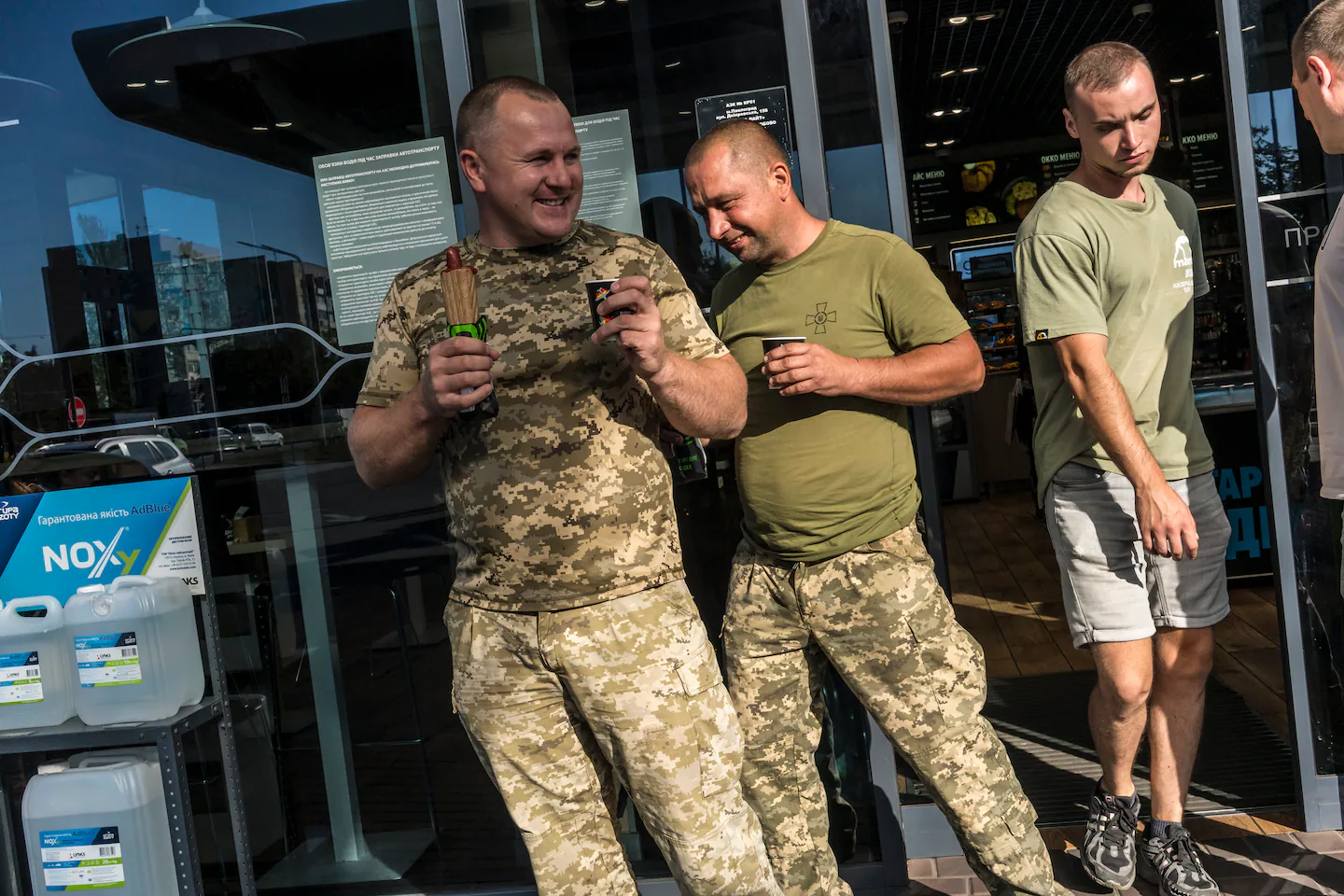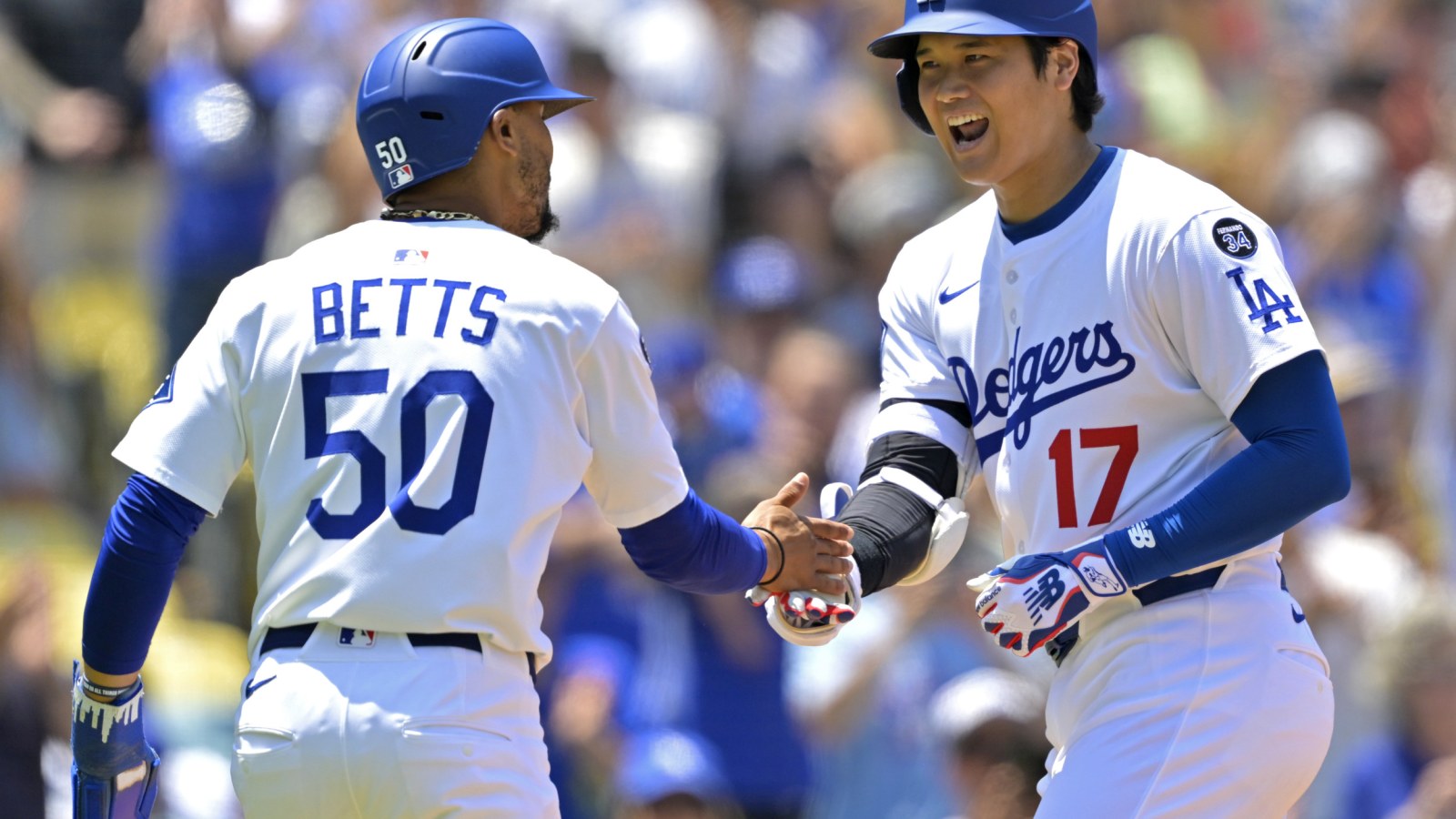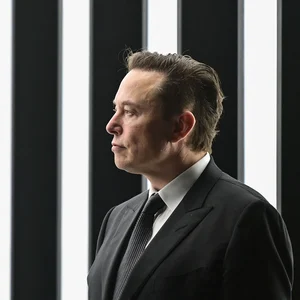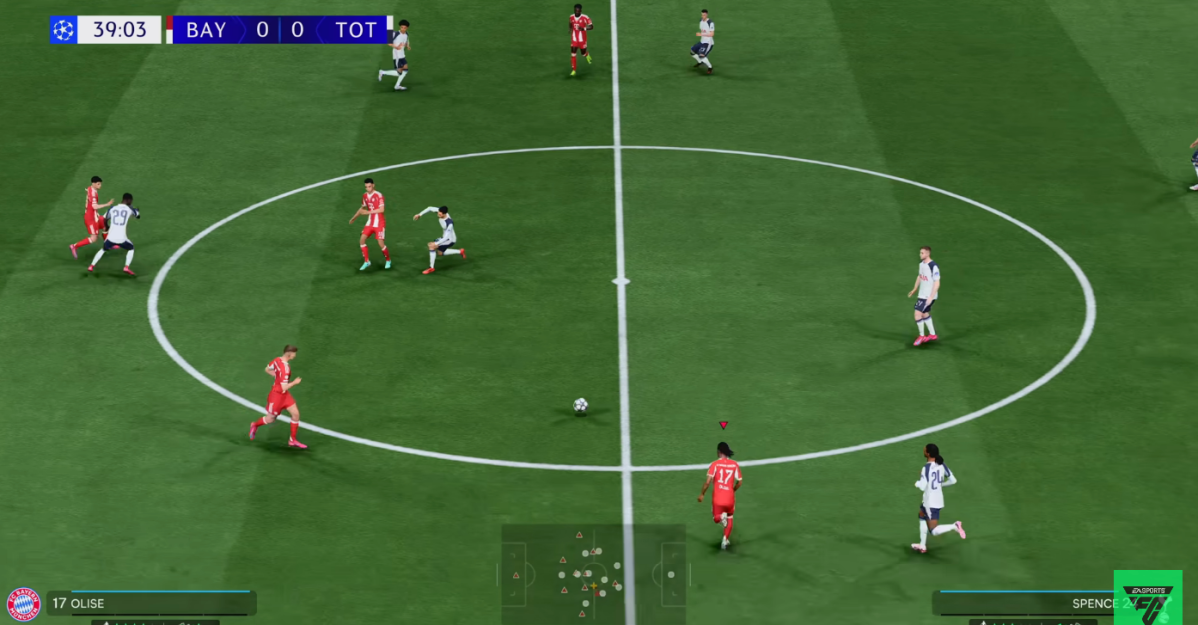
At the busy station along the road to the front lines one recent Saturday, Dmytro, 25, a drone unit commander, was grabbing a quick lunch of chicken nuggets before heading to Kyiv to collect equipment for his men. The station, in the eastern city of Pavlohrad, has become a ritual stop on his way to or from the front, a place to stock up on cigarettes and get a bite.
His favorite gas station, he said, was one in the embattled eastern city of Kostiantynivka, which became iconic among soldiers for having stayed open even as fighting raged nearby.
“You could call it the first outpost of civilization,” said Dmytro, who gave only his first name for security reasons and per military protocol. The station, its shelves stacked with energy drinks and its grills humming with sausages, felt to soldiers “like Las Vegas,” he added.
Since Russia’s invasion more than 3 1/2 years ago, gas stations have become wartime hubs, providing fuel for generators during blackouts caused by Russian bombings and serving as handoff points for volunteers delivering crowdfunded pickup trucks to the army.
Inside, the stations have come to reflect a nation at war. Soldiers with faces carved by fatigue speak in clipped phrases about the hardships at the front. Around them, the stations’ shelves tell the story of an increasingly militarized society. Romantic fiction has mostly vanished, replaced by a memoir from a former top general, while grenade-shaped key rings hang beside hunting knives.
Gas stations can also indicate a battle’s approach. Windows boarded up to withstand blast waves mean one is drawing near; shrapnel scars show one has already arrived. The walls of some stations are covered with flags and patches left behind by soldiers heading to the front.
“The gas stations are a metaphor for the Ukrainian society today,” Kateryna Zarembo, a political scientist now serving as a medic in the army, said in a phone interview.
As Russian troops inch forward, seizing more Ukrainian territory, gas stations are important markers, Zarembo said. “As long as the gas station stands, it means it’s still under Ukrainian control,” she said. “It’s kind of a pillar of hope.”
Ukrainians’ fondness for gas stations runs deep. In a country nearly three times the size of Britain, long drives are inevitable, especially with air travel now halted, and Ukraine expects gas stations to rise to the occasion. Vasyl Danyliak, the chief executive of OKKO, one of the country’s largest gas station chains, calls it “five-star service with a three-star cost.”
That means many stations offer far more than coffee and snacks. Bottles of fine wine sit beside pruning shears and shovels. At a sprawling station outside Kyiv run by WOG, another chain, a shelf holds bouquets of roses, just in case love calls mid-journey.
“Customers see us not as a business but as part of their life,” said Hennadiy Karlinsky, WOG’s chief marketing officer. He spoke from the station near Kyiv, which opened in 2023 despite the war. It features stands serving shawarma, pizza, and sushi; a children’s play area; and a lounge with a giant screen to watch sports. There’s even a barista bar and machines serving drinks like matcha and iced coffee, a nod to Ukraine’s deep-rooted coffee culture.
“WOG taught people to enjoy their coffee at the gas station,” Vladlena Rusina, the chain’s operations director, said with a smile.
After Russia invaded in early 2022, WOG’s coffee took on a new meaning. In the first weeks of the war, it was one of the few hot drinks civilians fleeing the fighting could find. As the conflict settled into a grinding war, the chain launched a program in which it donated 2 Ukrainian hryvnia (about 5 cents) to the army for every hot drink sold.
The program is one of many ways Ukrainians have raised millions to support their army. OKKO donates 1 hryvnia to the army for every liter of fuel sold. The company says it has raised about $34 million so far, helping to fund antidrone weapons, among other things. Its coffee cups feature a drone in flames with the slogan, “Donation plus. Drone minus.”
Danyliak said the stronger the Ukrainian army, “the safer the gas stations.”
Most Ukrainian soldiers will tell you OKKO holds a special place for them. The reason is simple. The chain offers free coffee, tea, and hot dogs to service members at all of its stations near the front. Since the war began, the chain has handed out more than 12 million of the three items.
That explains why OKKO stations in eastern Ukraine are often packed with soldiers. Tetyana Sikan, 38, who worked for more than a decade at the gas station in Kostiantynivka, recalled some soldiers ordering for their entire units. “They’d come in and say, ‘We need 15 hot dogs,’” she said. “Or, ‘We need 30 Americanos with milk, five without milk, and one double espresso.’”
The comings and goings have made gas stations a place to take the pulse of the situation at the front. At the OKKO station in Pavlohrad, Andrii, 35, an infantryman, said he was being redeployed from the north, where Russian attacks have eased, to the south, where the military has warned of a possible Russian offensive.
Andrii said that his unit once numbered 44 men, but that only six remained. Some “were wounded and left with disabilities,” he said. As for the rest, “well, you understand,” he said, his voice dropping.
Sikan said she could “trace the dynamics” of the battle by the explosions around the station. At first, they were occasional. But as the Russians neared Kostiantynivka, they became so regular that she learned to distinguish outgoing Ukrainian fire from incoming Russian fire.
To mitigate the risks, staff members boarded up windows and piled sandbags along the walls. When Russian forces closed within 10 miles of Kostiantynivka a year ago, Sikan left the station. Still, it continued operating with a smaller staff and reduced hours, even as Russian troops moved to partly encircle the city.
Finally, on May 28, a Russian drone strike destroyed the station. “So many memories, so many moments lived,” OKKO wrote on social media. “The story has ended.”



